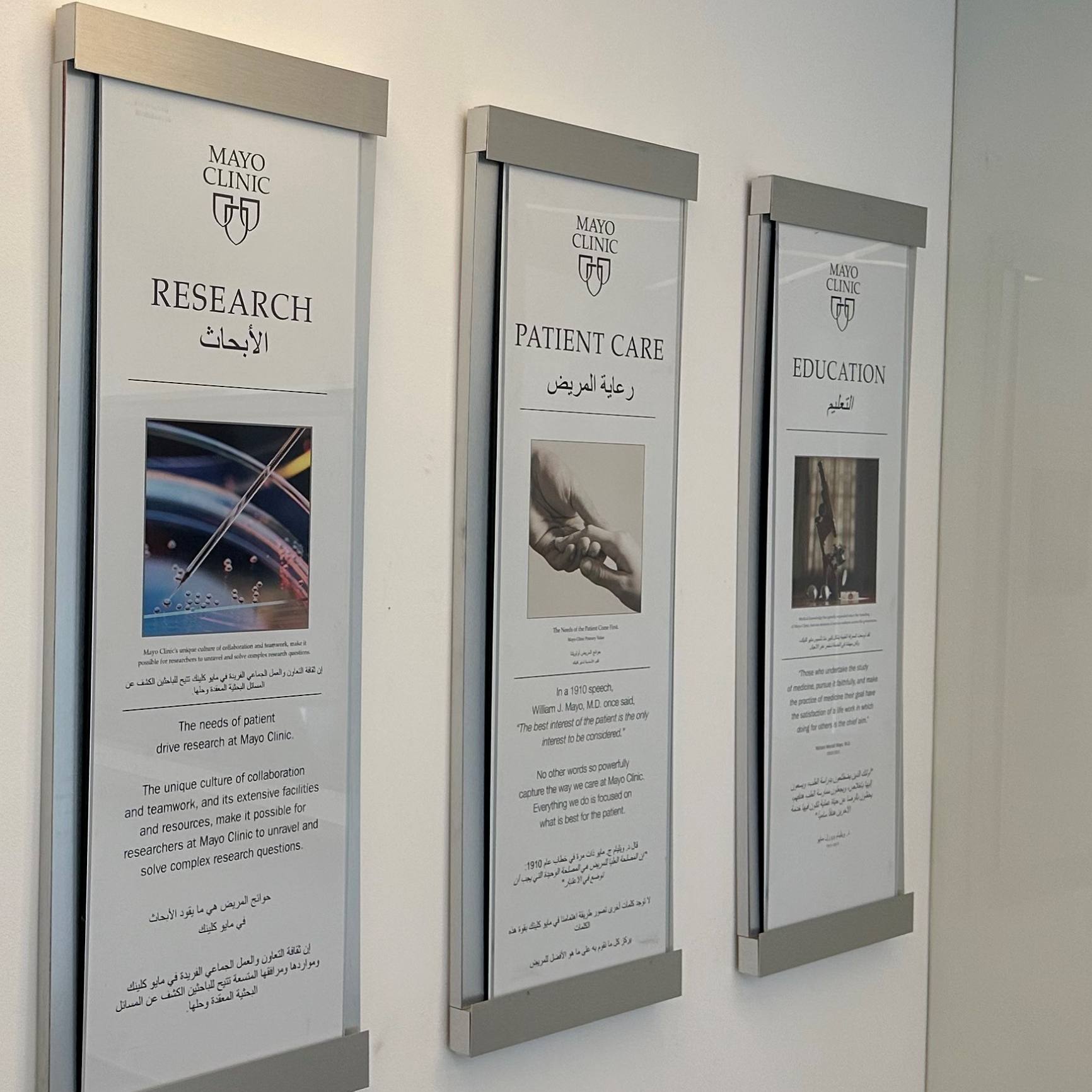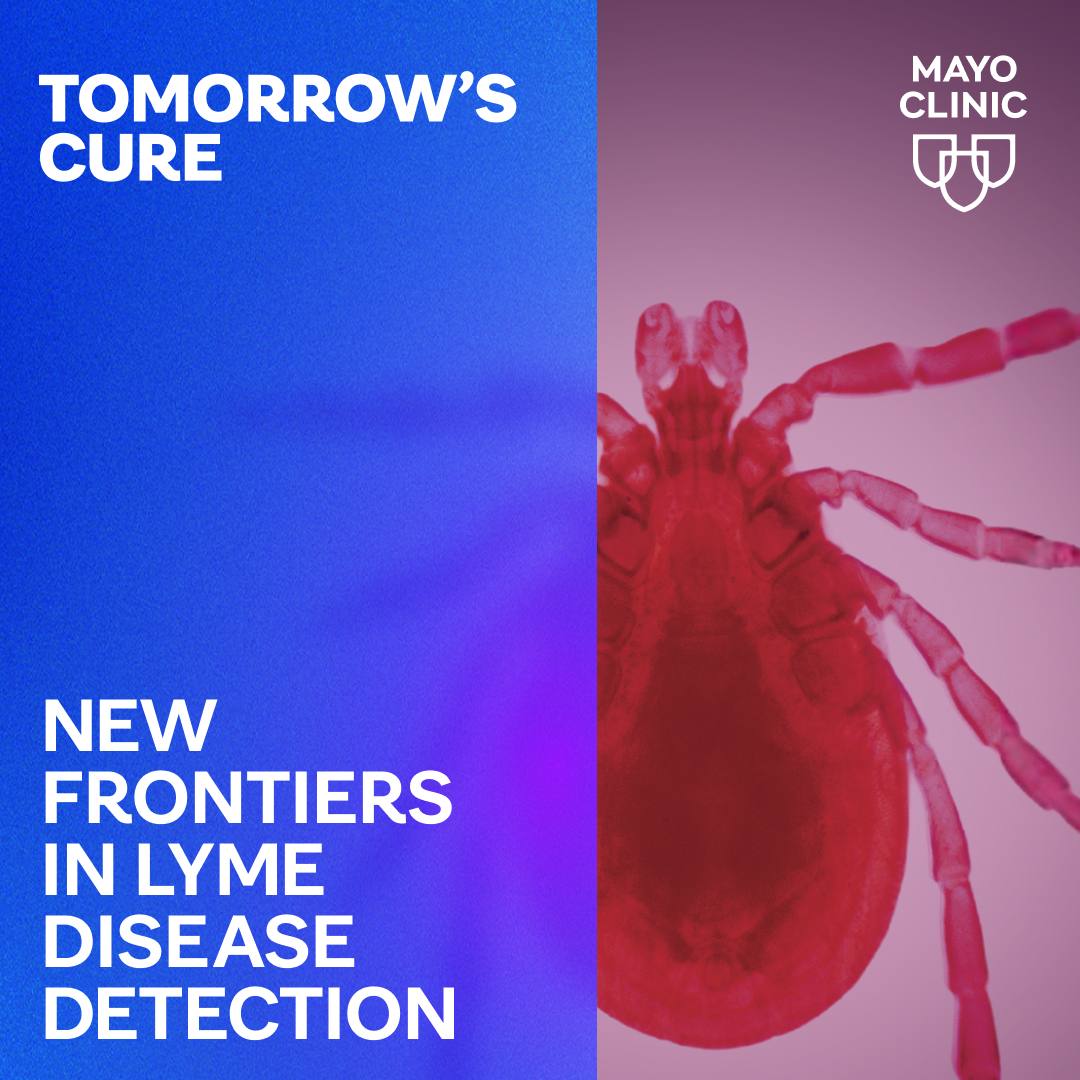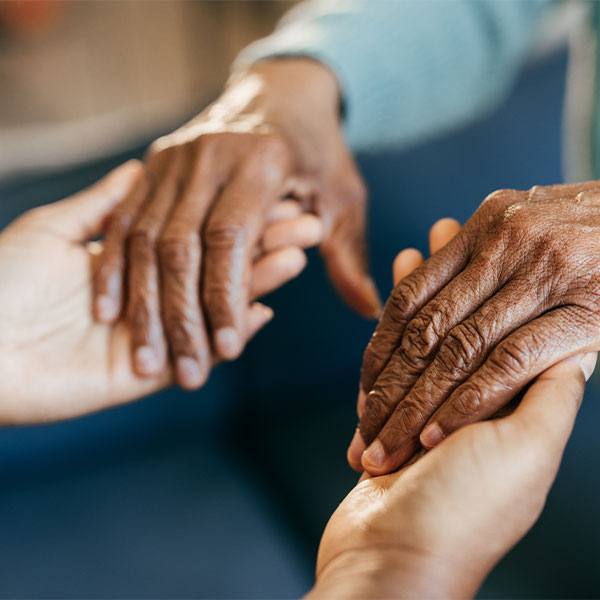
At 71, David Voeltz is a happily married family man who appreciates putting in a hard day’s work and enjoys spending time in the woods. But for David, the ability to walk through nature with his children and grandchildren, and to climb in and out of the dump truck that is an integral part of his work as a truck driver, has not always been a given. Just two years ago, most of David’s muscular function was gone. He was dependent on a wheelchair to move more than several yards, and dependent on his family to help him dress, navigate stairs, climb into bed, and maneuver into his vehicle.
The profound improvement in David’s mobility is the result of familial support and abiding faith, along with a steadfast search for answers that culminated in David undergoing a newly developed Mayo Clinic Laboratories antibody test (Test ID: NMS1). The test confirmed the presence of a condition called necrotizing autoimmune myopathy (NAM), and its results led to successful treatment for the rare, life-threatening disease.
“Before, it was like, am I ready for a nursing home?” says David, who lives in southeastern Minnesota. “But you’ve got to keep pushing and Dr. (Teerin) Liewluck and Dr. (John) Mills, they gave me my life back. It’s amazing.”
Maintaining hope amid loss
At 56, David was diagnosed with a slowly progressive form of muscle disease thought to be muscular dystrophy. Because of that, he was accustomed to incremental muscle wasting and weakness. But his condition took a nosedive in the months before undergoing the antibody test that confirmed the diagnosis of NAM — a serious, immune-mediated myopathy that causes rapidly progressive muscle weakness.
David’s swift decline started in spring 2019. The previous fall, David had an emergency appendectomy. During the surgery, he experienced a cardiac event, and as part of his cardiac rehabilitation, his Mayo Clinic team prescribed statin therapy to lower his cholesterol. David thought little of the treatment. But unbeknownst to him, it was having a toxic effect on his system.
“Everyday things that you normally would take for granted to do, it just wasn’t there,” David says. “You go to the bathroom, and you couldn’t get off the stool and would have to have somebody help you. Getting into bed, I couldn’t sit down and swing my legs into bed because the weakness was so bad. I couldn’t shower myself. It left me so fast.”
Read the rest of this article, written by Robin Hurias-Carlson, on the Mayo Clinic Laboratories site.







